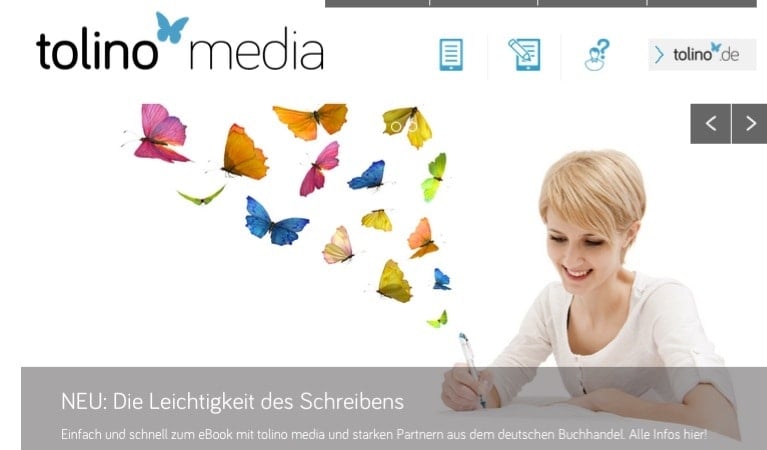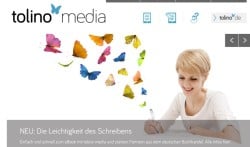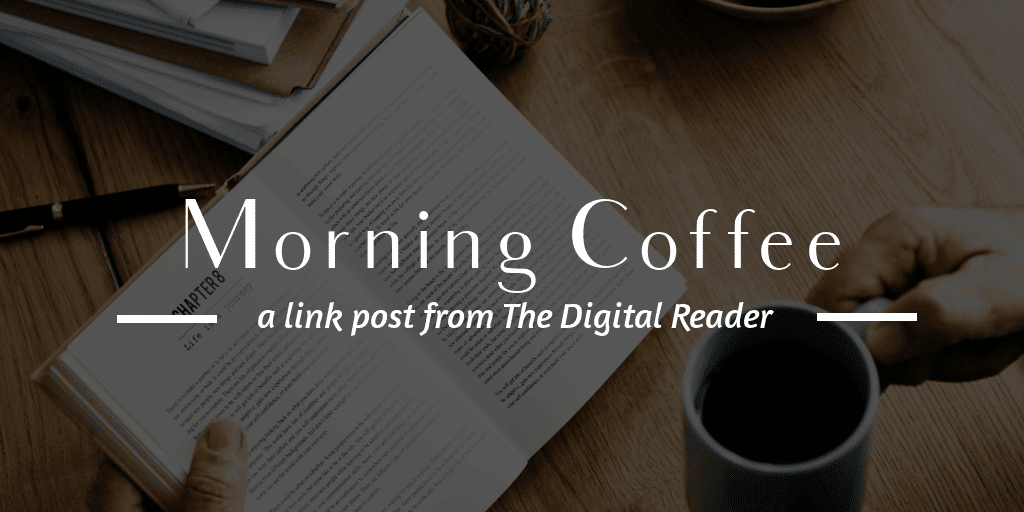Tolino Launches a Self-Publisher’s Portal


Launched in 2013, Tolino is an ebook platform where the costs are shared among the participating retailers. It has its own servers, mobile apps, ereaders, and tablets, and now you can add publisher’s portal to that list.
Tolino’s new portal is called Tolino Media. It’s free to register, pays 70% of the net (not retail price), and is currently limited to authors from Germany, Austria, Switzerland, and other EU countries. It distributes ebooks to the ebookstores operated by the seven dwarves as well as Tolino partnered ebook sellers in the Netherlands, Belgium, and Italy.
It was developed in partnership with Droemer Knaur, operators of the Neobooks author platform. BuchReport.de reports that Tolino and DK have agreed a strategic partnership to jointly develop the Tolino Media platform.
While I jokingly refer to Tolino as the seven dwarves, the fact is Tolino currently claims to have a larger share of the German ebook market than Amazon. Its share of the Italian and Benelux ebook markets are probably smaller, but that doesn’t change the fact that this is a major platform in one of the top 5 ebook markets in the world as well as a major platform in central Europe.

Comments
anothername April 29, 2015 um 9:38 am
It’s odd to me that the big publishers in the America and the UK didn’t do a similar thing–i.e. a collective portal with their own shared hardware. Instead they are at the mercy of Amazon.
Nate Hoffelder April 29, 2015 um 11:13 am
I don’t know about the UK, but in the US we don’t have the same kind of vertical integration found in Germany. In that country a lot of the largest book retailers are also the biggest publishers (or rather, part of the same conglomerates).
Here in the US that would be looked at as a potential antitrust violation. As a result, publishers have no experience or ability in direct sales, the technical end of retailing, websites, or a lot of other topics.
And to make matters worse, many publishers who owned a bookstore chain or book distributor generally sold it in the 1980s and 1990s at the recommendation of high priced consultants.
To be clear, there are some publishers who do have a real direct sales channel – Scholastic, for example. These are the publishers which are effectively immune to the pressure of Amazon and other booksellers.
rektj April 29, 2015 um 6:54 pm
Can you elaborate on what you mean by "vertical integration"? I admittedly didn’t do any research, but could you perhaps outline how, say, the five largest book retailers for the German-speaking market relate to the five largest publishers for that same market? According to Wikipeda, these are:
Publishers:
http://de.wikipedia.org/wiki/Verlag#Verlage_im_deutschsprachigen_Raum
Retailers:
http://de.wikipedia.org/wiki/Buchhandel#2012
Nate Hoffelder April 29, 2015 um 7:05 pm
Unless I missed something, Weltbild is both a publisher and a media retailer. And Bertelsmann owns half of Penguin Random House and is also a media retailer.
But now that I look for the connections, I see that I was wrong. There isn’t as much vertical integration as I had thought.
Tolino to Cut Royalties on Cheap eBooks to 40% | The Digital Reader June 7, 2016 um 5:17 pm
[…] been paying the 70% royalty ever since it launched Tolino Media, its own publishing platform, last April. When it launched it was limited to authors from Germany, Austria, Switzerland, and other EU […]